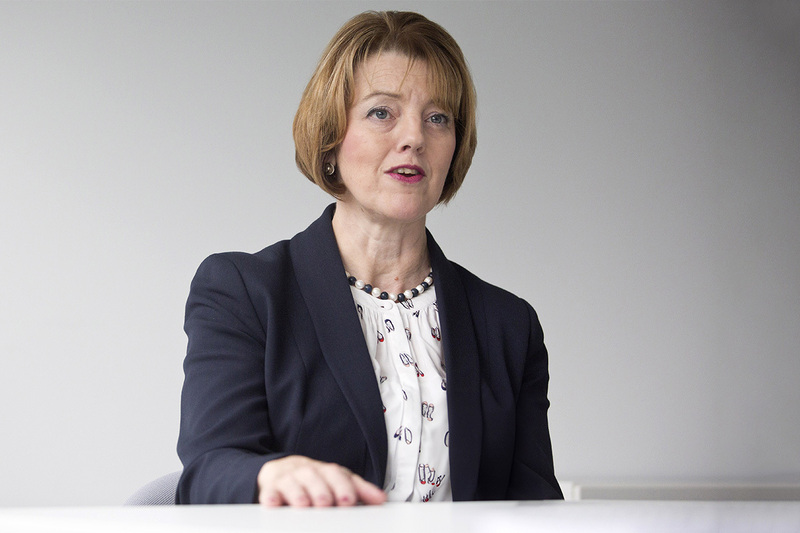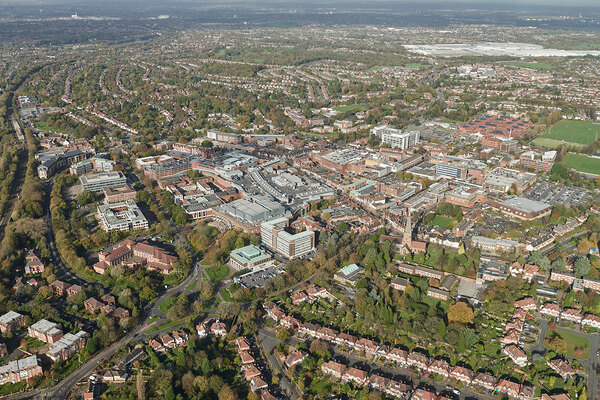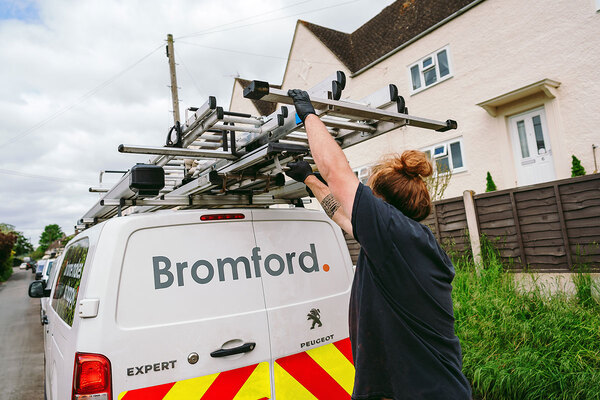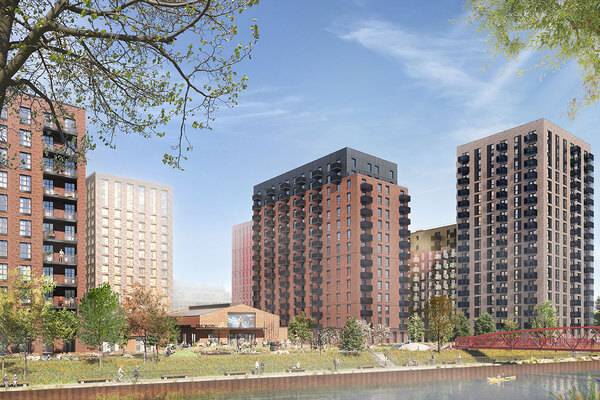Midlands landlord warns over scope of Awaab’s Law as costs mount
Platform has warned that Awaab’s Law is expected to add “further costs” as the government’s consultation on the proposed legislation goes beyond damp and mould.
The Department for Levelling Up, Housing and Communities last month launched an eight-week consultation. This follows the high-profile death of two-year-old Awaab Ishak in 2020 due to mould in his family’s social housing home.
Among the plans, social landlords would have to complete emergency repairs – including gas leaks, broken boilers and electrical hazards – within 24 hours of them being identified.
Hazards would also have to be investigated within two weeks of notification and repair work started within seven days.
Elizabeth Froude, chief executive of Platform, which owns 48,858 homes, has highlighted the extra cost this would involve.
“The introduction of Awaab’s Law is anticipated to add further costs, as the current scope in consultation is much wider than damp and mould and will potentially add further operational costs to our business,” she said yesterday as Platform reported its year-to-date results.
In the wake of the Awaab Ishak case, the sector has experienced a heightened focus on damp and mould problems, with housing secretary Michael Gove and the Housing Ombudsman both raising concerns.
Ms Froude said Platform had already experienced an “ongoing level of cases raised for investigation” over damp and mould, which had “added a layer of cost to our business which has been higher than anticipated in our budgets”.
It comes amid mounting financial pressure on the sector, as landlords spend more on existing stock to improve housing conditions and make homes more energy efficient.
Platform reported yesterday that, in the nine months to the end of December, its spending on existing homes had jumped 33% to £18.4m.
Ben Colyer, corporate treasury director at Platform, told Inside Housing the increase was “largely led through increased investment in sustainability-related works”, such as improving the fabric of buildings and installing air source heat pumps.
Last week the landlord announced that it had secured £275m in ESG-linked loans, partly to help with decarbonisation.
Overall, Platform reported a 14% drop in post-tax surplus in the nine months, to £36.7m.
Mr Colyer said this was in part because of a fall in the level of staircasing on shared ownership properties. “We don’t know for certain why that it is, but it could be because people are holding out and waiting for the mortgage market to improve,” he said.
Platform’s turnover in the year to date rose 9%, to £249.9m, helped by a similar increase in revenue from social housing lettings, which makes up 94% of its total income.
The group completed 713 homes in the nine months, down from 775 at the same point last year. However Platform said it was still on track to hit its annual target of around 1,300 handovers.
Last month, Platform had its A+ (stable) rating with S&P affirmed. The group also has a G1/V1 rating with the regulator.
Sign up for our asset management newsletter
Already have an account? Click here to manage your newsletters












